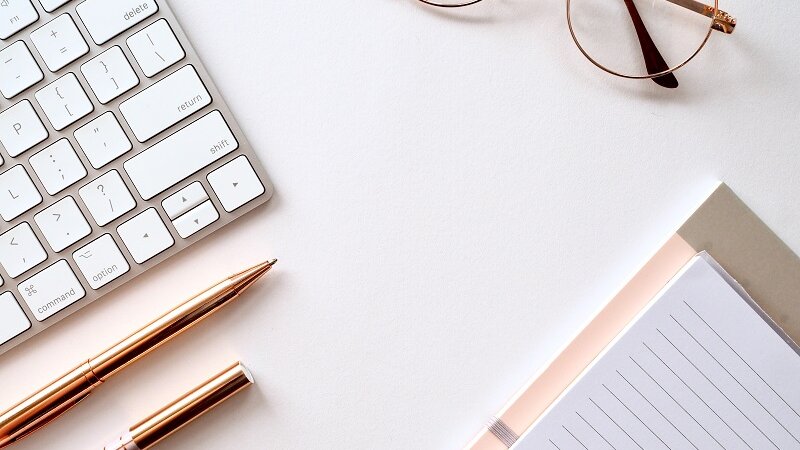Eliminate All Distractions
Episode #2 of the course How to set up a productive working environment by Melissa Chu
Yesterday, we went over your unproductivity and productivity triggers. Today, we’re going to take those points and discover how your current work environment is impacting you.
Why Distractions Are Hurting Your Work
Distractions are all around you. Other people’s conversations. Email notifications. Web surfing.
When your attention shifts from one activity to another, your productivity levels suffer.
According to research, multitasking has many drawbacks, including:
• forgetting the details of your work
• becoming less competent in your tasks
• taking longer to complete work
When you try focusing on a single task while being distracted, that’s a form of multitasking. Relying on willpower alone to ignore distractions is like fighting an uphill battle.
How Is Your Work Environment Affecting You?
A good work environment contains elements that drive you towards your goals while eliminating elements that detract from them. The farther away an element is from you, the less likely you’ll use it (and vice versa for nearby elements).
Right now, take a look around where you work.
Here are two questions you should ask yourself:
1. Are you in the right room?
This is especially relevant if you choose where to work, such as working from home.
For instance, working in the kitchen is distracting because you’re in a food-oriented room that might have family members passing through. Working in a living room also has distractions, such as the TV and other entertainment devices.
It’s best to dedicate a room purely to work. You’ll get more done that way, and have more time to relax afterward.
2. Are the items nearby driving you towards your goal?
A lot of things we think we need actually distract us. How often do you need your phone for work? Do you need those snacks in your drawer? Are those computer files necessary to do your work?
When you divide things into what hinders versus helps you, you can discern what you really need in your workspace.
Using the list you created yesterday, write down changes you can make to improve your work environment.
For example:
Unproductive triggers:
• constantly check my phone during the day → place the phone on a table out of reach
• hard to focus after interruptions, such as phone calls or meetings → schedule phone calls and meetings back-to-back, notify people when I can and can’t be reached
• I procrastinate when I can’t find the file → organize files that haven’t been completed in one pile
• periodically surf the web during work → close browser when not needed, schedule online activities at set times
• overwhelmed when there are too many tasks, so I end up doing nothing → determine the most important task and put it on my desk
Productive triggers:
• work best in a quiet room → pick a spot to work in where people can’t disturb me
• perform better under deadlines → set self-imposed deadlines for my tasks
• once I get started, it’s easier to keep working → always have work in the pipeline to be completed
• more productive on a full stomach → keep away from food-oriented areas when not eating
• more productive when I plan the day out beforehand → keep an ongoing list of work to do, placing the most important work at the top
Some of the solutions seem trivial, such as placing your phone out of your reach.
But small changes such as these can have a tremendous impact on the thousands of micro-decisions you make each day. Instead of checking your phone forty times a day, you might only check it ten times a day – all because it became a little more inconvenient to do so.
Write as many ideas as you can. Don’t let the size of a piece of paper stop you! You can try out different approaches and see what sticks.
Today, you took a big step towards figuring out how your environment is impacting your work and organizing your space to become more productive.
Tomorrow, we’re going to use this knowledge to clean up your working area. You’ll have a working space that is clutter-free, organized, and optimized to get your best work done.
Melissa
Recommended book
The ONE Thing: The Surprisingly Simple Truth Behind Extraordinary Results by Gary Keller
Share with friends

